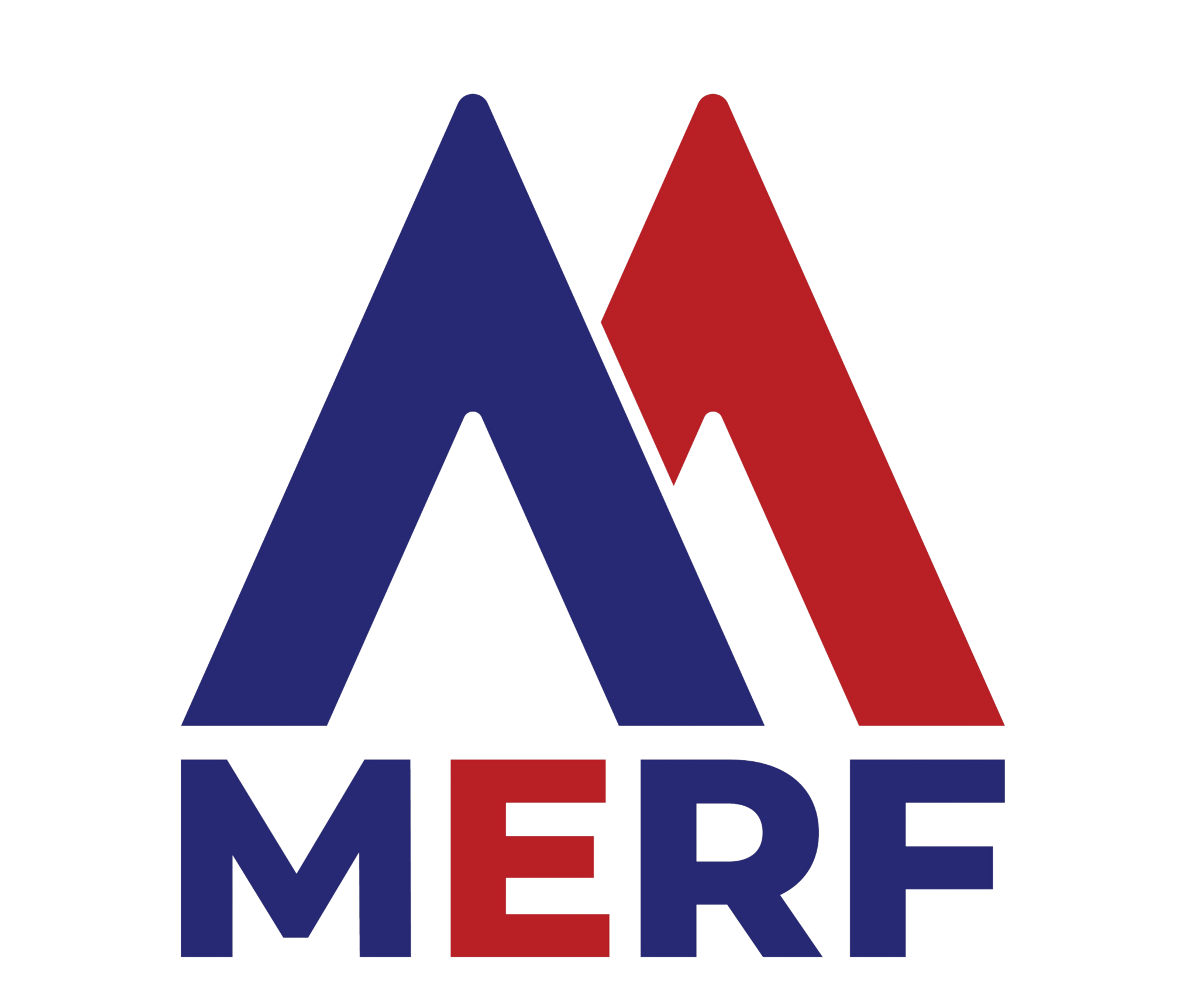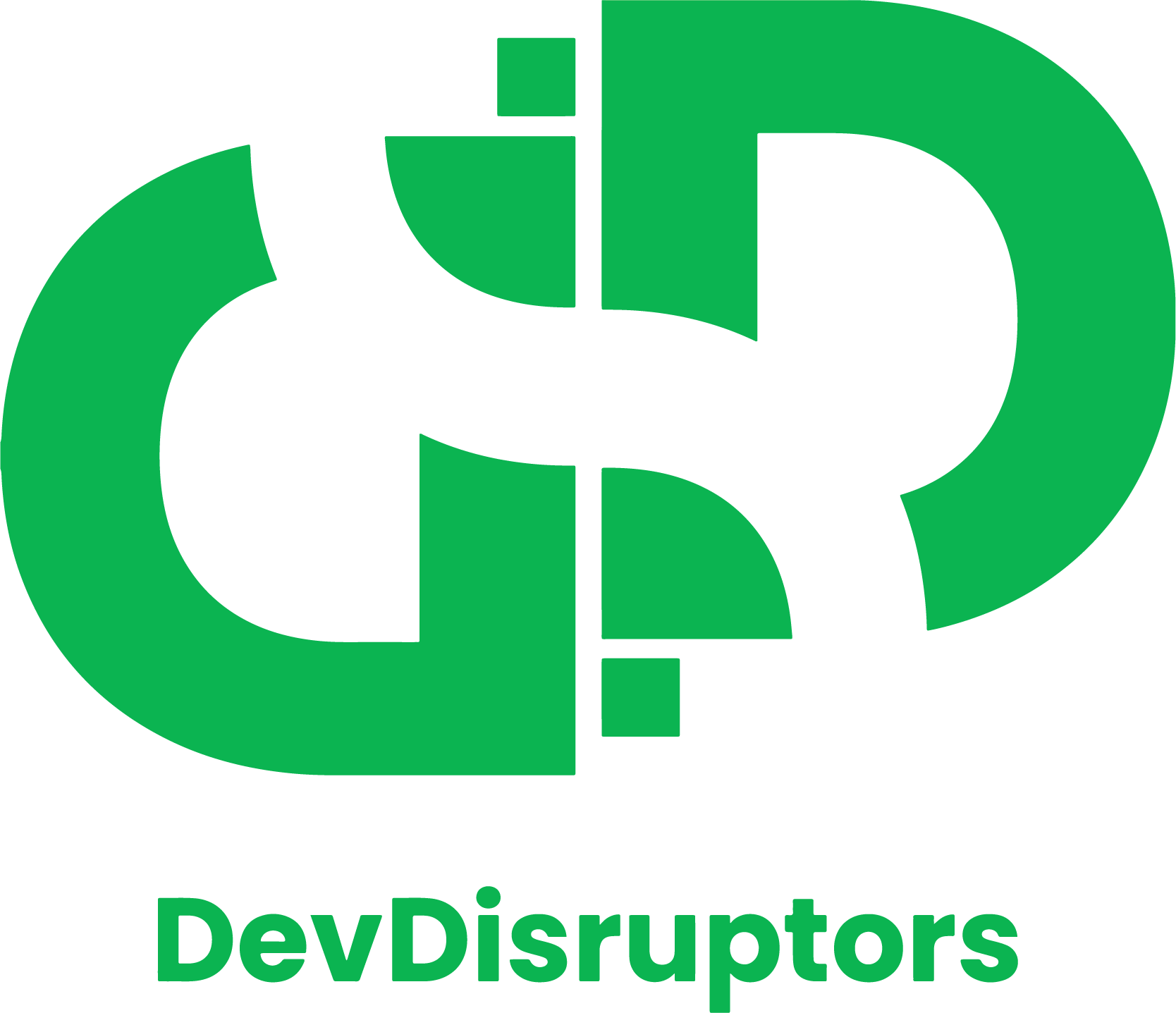Machine Learning Development ServicesSmarter solutions. Data-driven decisions.
Access the Top Tech Talent instantly. Develop machine learning models to perform complex calculations and computing.

500+ companies rely on our top 1% tech talent.





Machine Learning Development Services We Provide
Custom End-to-End Machine Learning Development
Turn your data into actionable insights with machine learning solutions designed to fit your business needs. Our models enhance personalization, improve predictions, and help you stay ahead in a competitive market. We handle the entire lifecycle—from data preparation and model training to deployment and ongoing refinement. Using tools like TensorFlow and PyTorch, we deliver scalable, reliable solutions that grow with your goals.
Machine Learning Operations (MLOps) Implementation
Keep your machine learning models performing at their best with streamlined deployment and monitoring. MLOps keeps your systems accurate, efficient, and ready to scale. We automate key processes like model training and version control, using proven frameworks to help you manage models efficiently and reliably.
Data Engineering and Pipeline Development
Maximize the value of your data with pipelines built for efficiency and growth. Our solutions turn raw data into actionable insights, enabling smarter decisions. We design and manage reliable data systems tailored to your needs, delivering seamless performance as your business and data scale.
AI-Driven Product Development
Give your software a competitive edge with AI-powered features like recommendation systems and predictive analytics. These artificial intelligence tools enhance user experiences and deliver measurable results. We work with your team to integrate machine learning into your products, aligning every feature with your roadmap for long-term success.
Deep Learning Services
Solve complex problems and create smarter solutions with deep learning. From personalized recommendations to advanced visual recognition, deep learning drives innovation in every industry. Our deep learning development company builds custom neural networks tailored to your needs. Using tools like TensorFlow and PyTorch, we deliver scalable solutions that grow alongside your business.
Computer Vision Services
We develop custom computer vision systems to solve complex visual data challenges, from automating quality control to enabling advanced checkout systems. Using technologies like Convolutional Neural Networks (CNNs), we design and deploy solutions that integrate seamlessly into your workflows and scale with your business needs.
ENGAGEMENT MODELS
HOW WE HELP
Key Facts About Machine Learning Development
Year after year, businesses across the globe experience more cybercrime than ever before. In fact, in 2023, it was predicted that cybercrime would cost businesses over $11.50 trillion dollars. This figure will continuously rise over the coming years, reaching an anticipated $23.82 trillion by 2027.
As the mounting cyber threat continues to leech more capital from businesses, it’s never been more important to rely on comprehensive cybersecurity services to keep your business safe. Continual threat intelligence, risk monitoring, and vulnerability testing will help to detect and neutralize cyber threats before they create any major issues for your organization.
Effective cybersecurity allows your business to:
- Avoid Exploits – Managed security services help to monitor active threats, detect emerging dangers, and respond to cyber events with enough speed and precision to neutralize them.
- Reduce the Chance of Data Loss – Data is your company’s most valuable resource. Cybersecurity services help to protect your data from vulnerabilities, reduce the chance of breaches, and keep your information safe from malicious actors.
- Access the Latest Security Intelligence – Identifying a cybersecurity risk requires a critical understanding of evolving threats and changes.
Every industry has a unique map of threats that commonly plague their businesses. In response to changing requirements, different sectors have numerous initiatives, regulations, and minimum standards to adhere to.
For example, cyber security services in healthcare have strict privacy laws to keep patient records safe. Due to this, the minimum requirement for patient privacy and security monitoring is much higher in healthcare and other related industries than in logistics.
The following industries have the highest distribution of cyber attacks:
- Manufacturing: 24.8%
- Finance and Insurance: 18.9%
- Professional, Business, and Consumer Services: 14.6%
- Energy: 10.7%
- Retail and Wholesale: 8.7%
Every business must be aware of the rules and regulations outlined by the jurisdiction(s) they fall under, as well as any sector-based standards that impact their industries.
By closely following general data protection rulings, area-specific guidance, and industry standards, businesses are able to develop a comprehensive cybersecurity protocol to keep themselves and their customers safe.
Legal and regulatory standards help outline responsibility, determine liability, and prepare companies with cybersecurity defenses. Leading cybersecurity services will always include legal and regulatory compliance management initiatives as a core part of security strategy.
Human action bias and error play a significant role in cybersecurity defenses. No matter how robust your cybersecurity defenses are, if an employee gives out their password, clicks on a link they shouldn’t have, or downloads malware, malicious actors will have access to your system. Human behavior plays a vital role in over 80% of cybersecurity incidents. That's why, in combination with a strong security infrastructure, organizations must provide comprehensive cybersecurity awareness training.
Our experts have been working alongside in-house teams for over a decade.
- React
- Angular
- Node.js
- Java
- C++
- .NET
- Vue.js
- JavaScript
- Python
- Golang
- React
- Angular
- Node.js
- Java
- C++
- .NET
- Vue.js
- JavaScript
- Python
- Golang
- Swift
- Figma
- Adobe
- C#
- PHP
- iOS
- Android
- Python
- WordPress
- Swift
- Figma
- Adobe
- C#
- PHP
- iOS
- Android
- Python
- WordPress
How to start with Us
Our process. Simple, seamless, streamlined.

Step 1
Join exploration call.
Tell us more about your business on a discovery call. We’ll discuss team structure and approach, success criteria, timescale, budget, and required skill sets to see how we can help.
Step 2
Discuss solution and team structure.
In a matter of days, we will finalize your project specifications, agree on an engagement model, select and onboard your team.
Step 3
Get started and track performance.
Once we’ve agreed on milestones, we’ll immediately get to work. We’ll track progress, report updates, and continuously adapt to your needs.
Frequently Asked Questions (FAQ)
There’s a lot that you can build with machine learning across industries and niches. Examples include:
- Spam Detection Tools: Automatically filtering out unwanted emails and content using predictive algorithms.
- Recommendation Engines: Tailoring suggestions based on user behavior, preferences, and browsing history to increase sales or user engagement.
- Virtual Assistants: Providing users with intelligent, personalized interactions, such as in customer service or scheduling tools.
- Chatbots: Automating customer interactions on websites and apps to handle inquiries, bookings, and troubleshooting.
- Natural Language Processing (NLP) Software: Speech recognition tools, sentiment analysis, and language translation systems that understand and process human language.
- Fraud Detection Tools: Identifying unusual patterns in financial transactions or user behavior to prevent fraud and security breaches.
Machine learning solutions can be customized to solve specific business problems across all industries, providing better user experiences, increased automation, and smarter decision-making.
Machine learning is a subfield of artificial intelligence. While AI is a larger umbrella term encompassing multiple branches, ML specifically concerns the use of data science and algorithms to mirror how humans learn, adapt, and grow as the model accesses more data.
Machine learning is a subset of artificial intelligence (AI), but they aren’t the same. AI encompasses a broad range of technologies aimed at simulating human intelligence, including problem-solving, reasoning, and decision-making. Machine learning, on the other hand, focuses specifically on the development of algorithms that allow systems to learn and improve from experience without explicit programming.
ML is about data-driven learning—as the system is exposed to more data, it can improve its performance and predictions over time.
While artificial intelligence can involve complex reasoning and decision-making tasks, machine learning solutions are designed to identify patterns in data, predict outcomes, and make decisions based on past observations. AI and machine learning testing tools can help verify effectiveness and accuracy of these systems as they evolve.
Machine learning is highly effective at solving a wide variety of business problems, especially those involving large datasets or requiring intelligent automation. Some key areas it addresses include:
- Predictive Analytics: Forecasting trends, market movements, or customer behaviors to make informed decisions.
- Fraud Detection: Monitoring transactions or user activity in real-time to identify anomalies and prevent fraudulent actions.
- Personalization: Tailoring user experiences with custom product recommendations or content suggestions based on past behavior.
- Automation: Automating repetitive tasks like data entry, customer support, and inventory management, which saves time and reduces errors.
- Image and Speech Recognition: Identifying objects, text, or spoken language in images or audio for use in fields like healthcare (e.g., radiology images) and security (e.g., facial recognition).
ML solutions are able to improve operational efficiency, enhance decision-making, and uncover valuable insights in a way that traditional methods cannot.
Machine learning has wide-ranging applications across industries, making businesses more efficient and competitive. Common use cases include:
- Customer Service: AI-powered chatbots and virtual assistants help automate customer interactions, improve response times, and reduce costs.
- Marketing: Machine learning is used to run targeted marketing campaigns based on customer data, improving ROI by optimizing ad spend and customer engagement.
- Supply Chain Optimization: ML models forecast demand and optimize inventory management to prevent overstocking or stockouts, reducing costs.
- Product Recommendations: Retailers use ML to personalize product suggestions based on individual customer behavior and preferences.
- Healthcare: ML is used for early disease detection, patient outcome predictions, and drug development, ultimately improving patient care.
These use cases demonstrate how machine learning can drive innovation, improve customer satisfaction, and streamline operations.
Machine learning enables data-driven decision-making by analyzing large volumes of data to identify patterns, trends, and anomalies that might not be obvious through manual analysis. By using ML models, businesses can make faster, more accurate predictions and decisions, such as:
- Identifying market trends before they become apparent to competitors.
- Forecasting sales and inventory needs more accurately.
- Improving customer targeting with personalized marketing efforts.
ML solutions deliver actionable insights that allow businesses to react to changes quickly and optimize operations in real-time.
Machine learning can process various types of data to generate actionable insights:
- Structured Data: Traditional numerical or categorical data (e.g., sales data, customer demographics) typically stored in tables or spreadsheets.
- Unstructured Data: Text, images, videos, and audio, which are often more complex and require specific ML models for analysis (e.g., NLP for text, CNNs for images).
- Time-Series Data: Data collection over time (e.g., stock prices, weather forecasts), is useful for predicting future trends or patterns.
- Real-Time Data: Information gathered in real time, often used in fraud detection, price optimization, or performance monitoring.
ML models can handle these diverse data types to uncover trends, automate tasks, and improve operational decision-making.
Yes, machine learning is a critical enabler of automation across industries. ML can be applied to a variety of repetitive and complex tasks, improving efficiency and reducing human error. Some examples of automation include:
- Data Entry: Automating data collection and entry processes to save time and eliminate mistakes, improving data quality across your organization.
- Quality Control: ML models can identify defects or anomalies in products during manufacturing, improving production accuracy and ensuring data mining techniques uncover valuable patterns.
- Customer Support: Chatbots powered by NLP can answer customer queries and resolve issues, reducing the need for human intervention.
- Predictive Maintenance: Machine learning models analyze equipment performance to predict and prevent failures before they occur, optimizing model training for continuous improvement.
By automating these tasks, businesses can focus human efforts on higher-value activities, boosting overall productivity.
Machine learning development services provide immense value to a wide range of industries by helping them make data-driven decisions, improve efficiency, and drive innovation. Some of the most prominent sectors include:
- Healthcare: For accurate disease diagnosis, personalized treatment plans, drug development, and patient outcome predictions.
- Finance: For fraud detection, credit scoring, risk assessment, and personalizing financial products.
- Retail: For inventory optimization, demand forecasting, personalized marketing, and improving customer experiences.
- Manufacturing: For predictive maintenance, quality control, supply chain optimization, and production planning.
- Transportation: For route optimization, predictive maintenance in fleets, autonomous vehicles, and improved logistics.
- Energy: For energy consumption forecasting, renewable energy management, and optimization of smart grids.
Machine learning provides these industries with the tools to stay competitive, enhance operational efficiency, and create superior customer experiences that drive long-term growth.
There’s a lot that you can build with machine learning across industries and niches. Examples include:
- Spam Detection Tools: Automatically filtering out unwanted emails and content using predictive algorithms.
- Recommendation Engines: Tailoring suggestions based on user behavior, preferences, and browsing history to increase sales or user engagement.
- Virtual Assistants: Providing users with intelligent, personalized interactions, such as in customer service or scheduling tools.
- Chatbots: Automating customer interactions on websites and apps to handle inquiries, bookings, and troubleshooting.
- Natural Language Processing (NLP) Software: Speech recognition tools, sentiment analysis, and language translation systems that understand and process human language.
- Fraud Detection Tools: Identifying unusual patterns in financial transactions or user behavior to prevent fraud and security breaches.
Machine learning solutions can be customized to solve specific business problems across all industries, providing better user experiences, increased automation, and smarter decision-making.
Machine learning is a subfield of artificial intelligence. While AI is a larger umbrella term encompassing multiple branches, ML specifically concerns the use of data science and algorithms to mirror how humans learn, adapt, and grow as the model accesses more data.
Machine learning is a subset of artificial intelligence (AI), but they aren’t the same. AI encompasses a broad range of technologies aimed at simulating human intelligence, including problem-solving, reasoning, and decision-making. Machine learning, on the other hand, focuses specifically on the development of algorithms that allow systems to learn and improve from experience without explicit programming.
ML is about data-driven learning—as the system is exposed to more data, it can improve its performance and predictions over time.
While artificial intelligence can involve complex reasoning and decision-making tasks, machine learning solutions are designed to identify patterns in data, predict outcomes, and make decisions based on past observations. AI and machine learning testing tools can help verify effectiveness and accuracy of these systems as they evolve.
Machine learning is highly effective at solving a wide variety of business problems, especially those involving large datasets or requiring intelligent automation. Some key areas it addresses include:
- Predictive Analytics: Forecasting trends, market movements, or customer behaviors to make informed decisions.
- Fraud Detection: Monitoring transactions or user activity in real-time to identify anomalies and prevent fraudulent actions.
- Personalization: Tailoring user experiences with custom product recommendations or content suggestions based on past behavior.
- Automation: Automating repetitive tasks like data entry, customer support, and inventory management, which saves time and reduces errors.
- Image and Speech Recognition: Identifying objects, text, or spoken language in images or audio for use in fields like healthcare (e.g., radiology images) and security (e.g., facial recognition).
ML solutions are able to improve operational efficiency, enhance decision-making, and uncover valuable insights in a way that traditional methods cannot.
Machine learning has wide-ranging applications across industries, making businesses more efficient and competitive. Common use cases include:
- Customer Service: AI-powered chatbots and virtual assistants help automate customer interactions, improve response times, and reduce costs.
- Marketing: Machine learning is used to run targeted marketing campaigns based on customer data, improving ROI by optimizing ad spend and customer engagement.
- Supply Chain Optimization: ML models forecast demand and optimize inventory management to prevent overstocking or stockouts, reducing costs.
- Product Recommendations: Retailers use ML to personalize product suggestions based on individual customer behavior and preferences.
- Healthcare: ML is used for early disease detection, patient outcome predictions, and drug development, ultimately improving patient care.
These use cases demonstrate how machine learning can drive innovation, improve customer satisfaction, and streamline operations.
Machine learning enables data-driven decision-making by analyzing large volumes of data to identify patterns, trends, and anomalies that might not be obvious through manual analysis. By using ML models, businesses can make faster, more accurate predictions and decisions, such as:
- Identifying market trends before they become apparent to competitors.
- Forecasting sales and inventory needs more accurately.
- Improving customer targeting with personalized marketing efforts.
ML solutions deliver actionable insights that allow businesses to react to changes quickly and optimize operations in real-time.
Machine learning can process various types of data to generate actionable insights:
- Structured Data: Traditional numerical or categorical data (e.g., sales data, customer demographics) typically stored in tables or spreadsheets.
- Unstructured Data: Text, images, videos, and audio, which are often more complex and require specific ML models for analysis (e.g., NLP for text, CNNs for images).
- Time-Series Data: Data collection over time (e.g., stock prices, weather forecasts), is useful for predicting future trends or patterns.
- Real-Time Data: Information gathered in real time, often used in fraud detection, price optimization, or performance monitoring.
ML models can handle these diverse data types to uncover trends, automate tasks, and improve operational decision-making.
Yes, machine learning is a critical enabler of automation across industries. ML can be applied to a variety of repetitive and complex tasks, improving efficiency and reducing human error. Some examples of automation include:
- Data Entry: Automating data collection and entry processes to save time and eliminate mistakes, improving data quality across your organization.
- Quality Control: ML models can identify defects or anomalies in products during manufacturing, improving production accuracy and ensuring data mining techniques uncover valuable patterns.
- Customer Support: Chatbots powered by NLP can answer customer queries and resolve issues, reducing the need for human intervention.
- Predictive Maintenance: Machine learning models analyze equipment performance to predict and prevent failures before they occur, optimizing model training for continuous improvement.
By automating these tasks, businesses can focus human efforts on higher-value activities, boosting overall productivity.
Machine learning development services provide immense value to a wide range of industries by helping them make data-driven decisions, improve efficiency, and drive innovation. Some of the most prominent sectors include:
- Healthcare: For accurate disease diagnosis, personalized treatment plans, drug development, and patient outcome predictions.
- Finance: For fraud detection, credit scoring, risk assessment, and personalizing financial products.
- Retail: For inventory optimization, demand forecasting, personalized marketing, and improving customer experiences.
- Manufacturing: For predictive maintenance, quality control, supply chain optimization, and production planning.
- Transportation: For route optimization, predictive maintenance in fleets, autonomous vehicles, and improved logistics.
- Energy: For energy consumption forecasting, renewable energy management, and optimization of smart grids.
Machine learning provides these industries with the tools to stay competitive, enhance operational efficiency, and create superior customer experiences that drive long-term growth.
Looking for efficient
Machine Learning services?
See how we can help.

